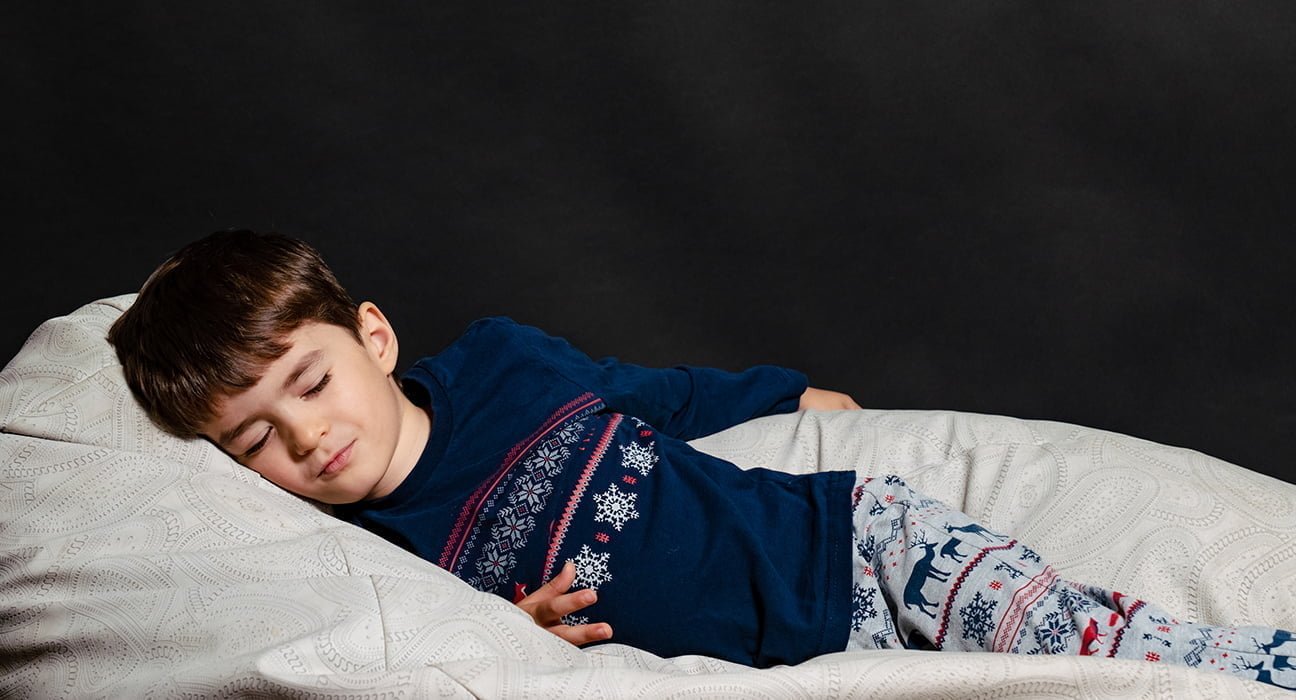There is a strong bidirectional correlation between sleep disorders and mental health issues throughout childhood. Quantification of the relationship between the natural history of sleep disruptions and the onset of mental health disorders is lacking.
One of the main factors contributing to the worldwide burden of disease in children and adolescents is mental health issues. The preschool years are a possible early start for psychological disorders, as there have been shown alterations in brain function and structure related to emotion processing. Preschool-aged children who experience emotional and behavioral disorders (EBDs) should receive special attention because of their high prevalence and negative impact on children’s ability to function normally mentally and subsequently in life. Even though EBDs might go away when a kid gets older, 49.9% of young children still show persistence a year after they first appear.
Additionally, although early intervention in a clinical context can improve juvenile EBDs, a number of obstacles, including high training demands, stigma, service availability, and expense, keep kids from accessing therapy.
Also Read: Sleep Apnea: Definition, Symptoms and Treatment
What is EBD?
Trends in emotional regulation and behavior, usually in school-age children, are referred to by the term emotional and behavioral disorders (abbreviated EBD). According to its definition, EBD is maladaptive and prevents students from developing healthy relationships with their peers and/or regularly interacting with adults. The traits of emotional and behavioral disorders involve severe behaviors, behaviors that are deemed unacceptable in social or educational settings, and behaviors that are chronic (occurring regularly over extended time intervals, like months or even years).
Emotional and behavioral illnesses also make it difficult for the affected person to learn, which lowers test results and causes issues in other academic domains.
What research find out?
A growing body of research suggests that one of the main causes and risk factors for children’s EBDs is inadequate sleep. Children experiencing sleep issues that start in preschool are said to have more issues with internalizing and externalizing . Parent training intervention is seen to be an affordable method of treating preschool-aged children’s sleep disturbances, but its effects on the children’s social and emotional development are not as great. However, there isn’t enough data to say if the improvements in sleep quality are the only reason for the changes in mental health.
Also Read: Screen Apnea: Your Computer Screen Can Disturb Your Breathing
Why does this area need more focus?
The majority of the research that has been done so far has tended to concentrate on general sleep disturbances, making it unclear which particular type is most likely to be connected to EBDs. Numerous behavioral sleep disorders, such as insomnia, night waking, insufficient sleep, and sleep anxiety, have been linked to concurrent internalizing issues and subsequently in youngsters’ anxiety or depression symptoms, whereas parasomnias or sleep-disordered breathing (SDB) have been connected to a rise in externalizing issues.
- Additionally, research indicates that children with SDB have more temperamental issues than those with behavioral sleeplessness.
- According to the data currently available, children who experience different kinds of sleep disturbances may have varying incident EBDs.
Therefore, in order to better understand the methods that should be emphasized in order to enhance psychological well-being in early children, a thorough analysis of the various forms of sleep disruptions and their correlation with EBDs is essential.
Also Read: Research: Nighttime Smartphone Use Does Major Effects On Young Adults’ Mental Health
Preschool-aged children’s sleep problems have a natural history that has been linked to both incidents and resolved EBDs. Regular sleep disruption assessment and targeted treatment may improve preschoolers’ psychological well-being.













Leave feedback about this